Remember the early days of Airbnb? It felt like a revolution. You could ditch cookie-cutter hotels. You could stay in a real home. It was affordable and exciting.
That initial promise of the “sharing economy” has faded. For many, the dream has become a gamble. In 2025, the platform is struggling with a serious reputational drag. Smart travelers are tired of the risks. They are seeking better value and more consistency.
This is the definitive guide to why smart travelers are avoiding Airbnb in 2025 and the excellent alternatives they are using instead.
Contents
- 1 The Great Unbooking: Five Core Flaws
- 1.1 The High Cost of ‘Affordable’: Why Fees Are a Dealbreaker
- 1.2 The Chore List Epidemic: Paying to Clean Your Vacation Rental
- 1.3 The Quality Lottery: Why Smart Travelers Are Avoiding Airbnb in 2025
- 1.4 Losing Trust: Safety Risks and Failed Support
- 1.5 The Community Impact: The Hidden Cost of Your Stay
- 2 The 2025 Travel Playbook: Your Guide to the Best Airbnb Alternatives
- 3 Choosing the Right Stay for You
The Great Unbooking: Five Core Flaws
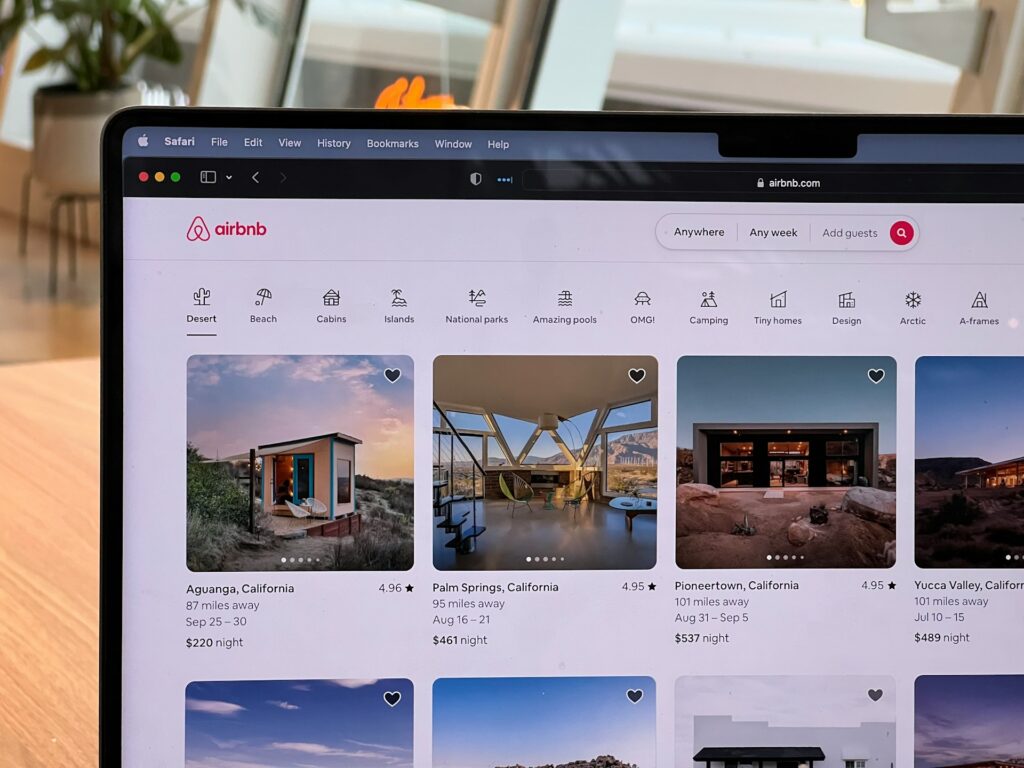
The shift away from Airbnb isn’t based on a single issue but a collection of deep, systemic problems. These problems have eroded the trust and value that the platform once offered. Let’s break down the five key reasons for this travel exodus.
The High Cost of ‘Affordable’: Why Fees Are a Dealbreaker

Airbnb’s biggest selling point was once its price. It offered a budget-friendly alternative to hotels. That value proposition has been completely dismantled.
Travelers now face a “bait-and-switch” pricing model that feels dishonest. You see an attractive nightly rate. Then you click to book. The final price explodes with added costs.
Exorbitant cleaning and service fees are the main culprits. One analysis found the median cleaning fee is a shocking 25% of the total price. This is far from the sub-10% figure the company has claimed.
Guest service fees can tack on another 14% or more. This “sticker shock” at checkout is a major source of frustration.
Airbnb did introduce a “total price” toggle to show fees upfront. However, this is a small fix for a big problem. The issue isn’t just seeing the high price late in the process. The issue is that the final price is often too high for the value provided.
The system encourages hosts to set a low nightly rate to appear in more searches. They then inflate the cleaning fee to make a profit. This practice feels manipulative and destroys traveler trust.
Also Read: Don’t Let Jet Lag Ruin Your Trips – Here’s the Jet Lag Fix Frequent Fliers Use (and How You Can Too)
The Chore List Epidemic: Paying to Clean Your Vacation Rental
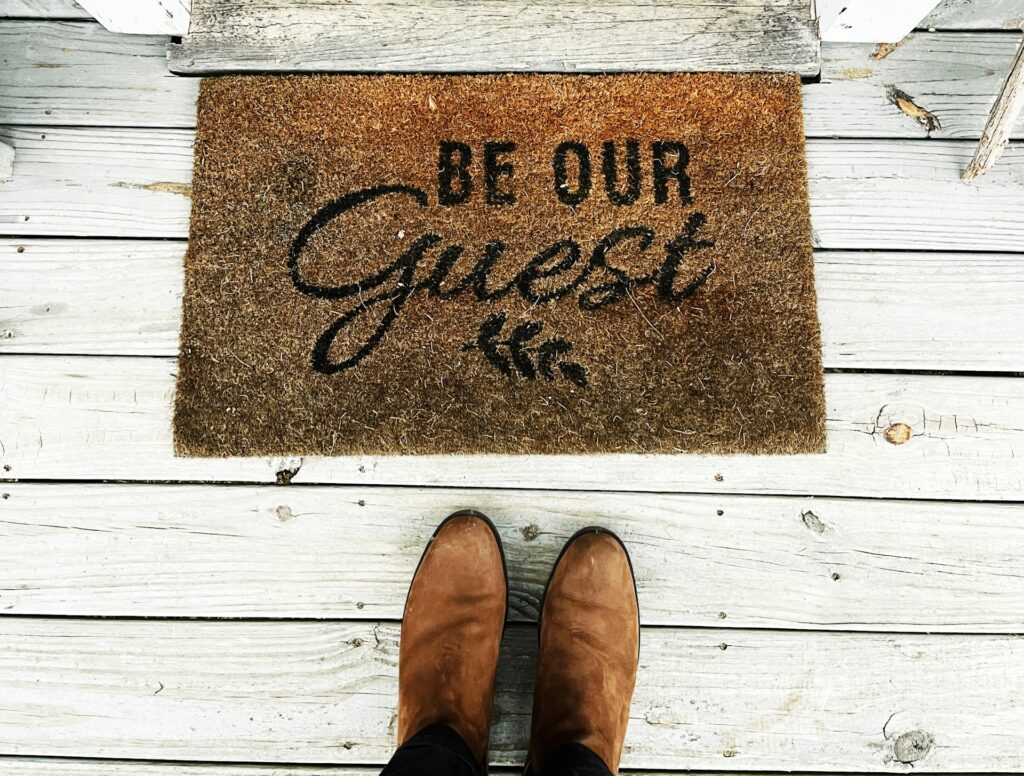
Imagine this scenario. You’ve paid a $200 cleaning fee. You’re packing to leave your vacation rental. But first, you have a to-do list from the host.
You need to strip all the beds. You have to start a load of laundry. You must vacuum the entire house and wipe down all surfaces. This is the reality for many travelers.
This expectation to perform extensive chores is a breakdown of the hospitality agreement. One guest perfectly summarized the frustration. “Nothing frustrates me more as a guest than paying a cleaning fee and still being asked to strip beds, start laundry, and mop the floor”. While Airbnb says checkout requests should be reasonable, the rule is not consistently enforced.
The platform has moved from a community of hosts to a network of amateur property managers. These operators aim to minimize their costs at all costs. They charge a high fee for professional cleaning. Then they offload the labor onto you, the guest. This feels less like hospitality and more like exploitation.
The Quality Lottery: Why Smart Travelers Are Avoiding Airbnb in 2025
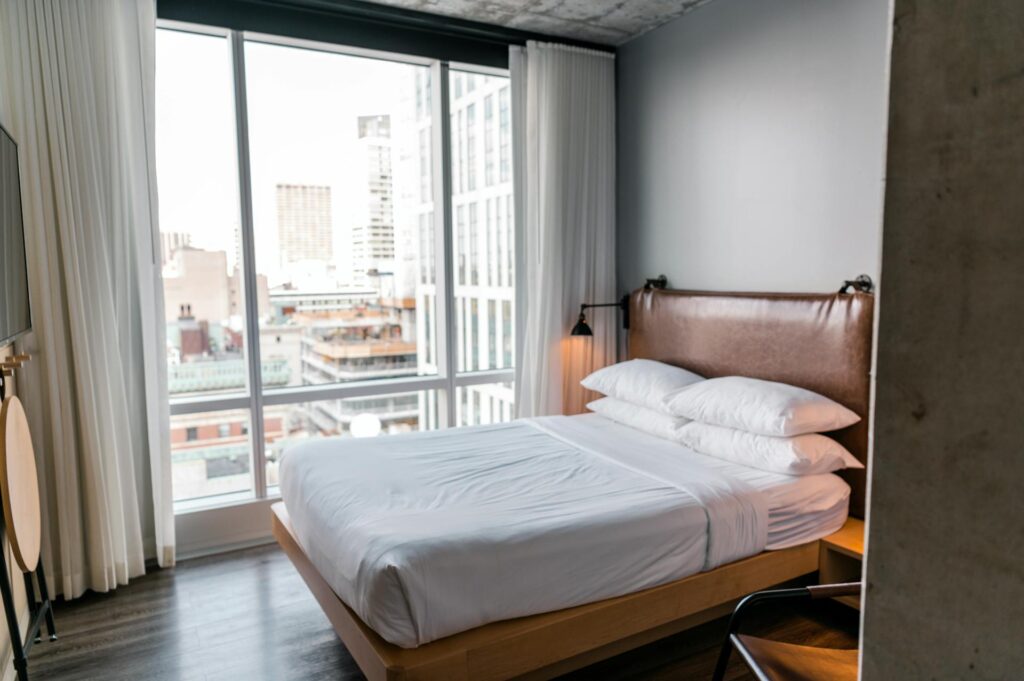
Booking an Airbnb has become a quality lottery. You might get a five-star gem. Or you could end up in a vacation nightmare. The platform’s hands-off model means there are no centralized quality standards. This inconsistency is a huge risk for travelers. The gap between a listing’s photos and reality can be vast.
Common complaints flood online forums. Guests report dirty rooms, dusty surfaces, and hair in the sink. They find broken or missing amenities that were promised in the listing. The “live like a local” promise often means a key in a lockbox and a generic, soulless apartment
Airbnb’s quality control is reactive, not proactive. It relies on guest reviews to flag problematic properties. This means a traveler must have a bad experience first for the system to notice. You, the guest, become an unwilling quality control agent.
Read This: Travelers Are Using This Simple Google Trick to Find Crazy-Cheap Flights
Losing Trust: Safety Risks and Failed Support

Serious safety concerns are also pushing travelers away. The discovery of hidden spy cameras in rentals has become distressingly common. Guests also report inadequate locks and undisclosed hazards like exposed wiring. These are significant violations of safety and privacy.
When things go wrong, travelers expect reliable support. Unfortunately, many describe Airbnb’s Resolution Center as a “black hole”.
Users face automated replies, undertrained agents, and inconsistent policy enforcement. You have only 72 hours to report an issue, adding pressure to an already stressful situation.
This support failure affects both sides. Hosts feel abandoned after property damage. Guests feel stranded when they encounter unsafe conditions. Viral stories of these failures have created a powerful narrative.
The public perception is that Airbnb is an unreliable platform when you need help the most. This profound trust deficit is driving people to safer, more professional Airbnb alternatives.
The Community Impact: The Hidden Cost of Your Stay
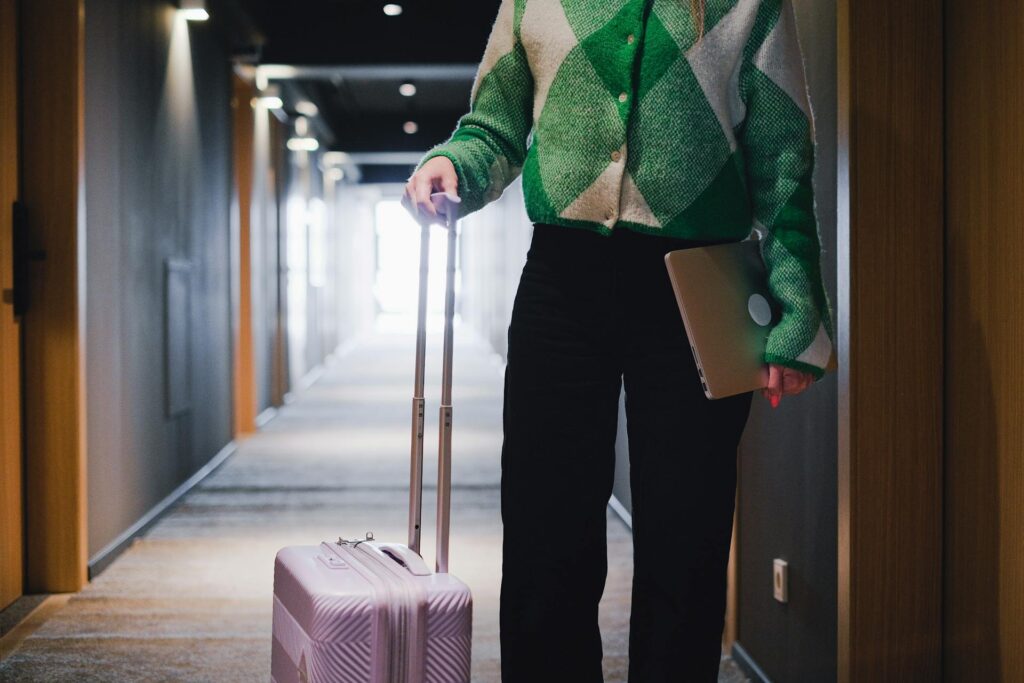
Finally, discerning travelers are becoming more aware of a hidden cost. The short-term rental boom hurts local communities. Research shows a direct link between the growth of Airbnb listings and rising local housing prices.
The model works by removing properties from the long-term residential market. This squeezes the housing supply for local residents. It also contributes to overtourism. Neighborhoods become crowded and noisy. The authentic local character that attracted visitors in the first place begins to disappear.
For the growing number of ethical travelers, this is a serious concern. It is another compelling reason why smart travelers are avoiding Airbnb in 2025.
The 2025 Travel Playbook: Your Guide to the Best Airbnb Alternatives
The good news is that the market has responded. A diverse ecosystem of excellent Airbnb alternatives has emerged. These platforms directly address the flaws of the old model. They offer better value and greater peace of mind.
Platform
Best For
Key Differentiator
Typical Fee Structure
Airbnb
Unique/quirky stays, widest inventory
Peer-to-peer variety, “Experiences” feature
High guest service & cleaning fees added at checkout
Vrbo
Families, large groups, longer stays
All entire homes, family-friendly filters
Lower guest fees than Airbnb, cleaning fees apply
Sonder
Business travel, consistency seekers
Professionally managed, hotel-like standards
All-in nightly rate (no separate cleaning/service fees)
Booking.com
Last-minute deals, transparent pricing
Host-paid commission model, loyalty program
No guest service fee; price shown is often the final price
TrustedHousesitters
Long-term travel, digital nomads, pet lovers
Free accommodation in exchange for pet care
Annual membership fee (no per-stay costs)
Craving Consistency? Meet the Professionalized Rental

A new category of accommodation has risen to solve Airbnb’s consistency problem. These are professionally managed rentals, sometimes called “aparthotels.” They offer the space of an apartment with the reliability of a hotel.
Sonder is a leader in this space. The company leases and manages its own portfolio of properties. This ensures a consistent standard of design, cleanliness, and amenities. Features include digital check-in, 24/7 support through an app, and fully stocked kitchens.
Sonder’s pricing is transparent and all-inclusive, with no surprise fees. It is the perfect anti-Airbnb: a de-risked vacation rental experience.
Other great options in this category include the highly vetted Plum Guide and professionally managed homes from Vacasa and Homes & Villas by Marriott Bonvoy.
Family Travel Made Easy: Vrbo
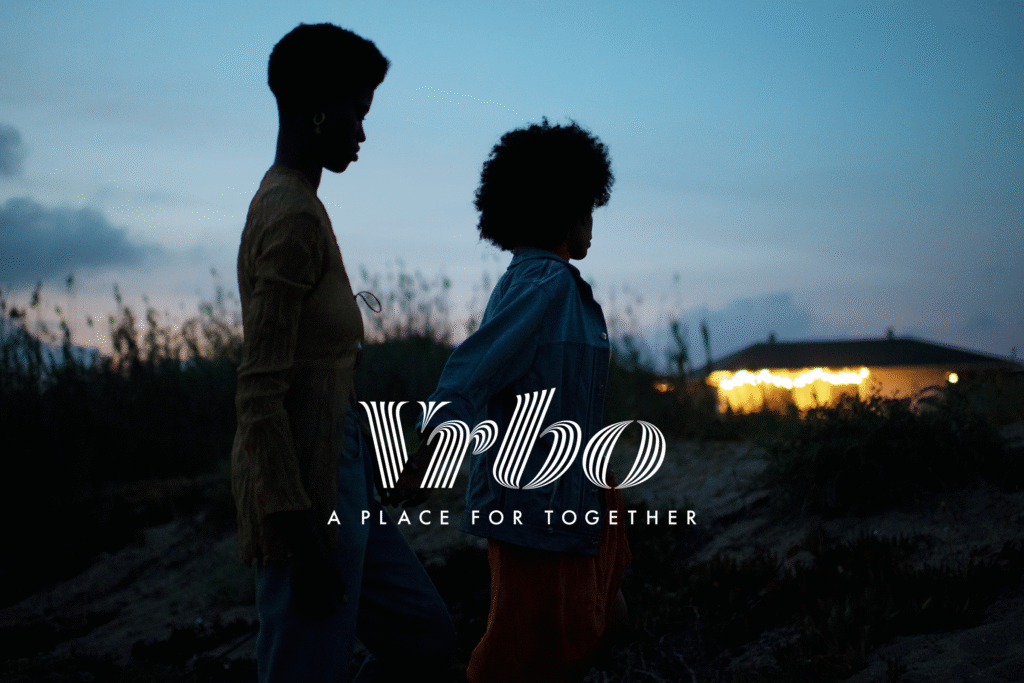
Vrbo has become the default choice for families and large groups. It achieved this through a simple, powerful focus. The platform only lists entire homes. This eliminates the risk of accidentally booking a private room in a shared space. This clarity is a huge advantage for family travelers.
Vrbo also offers superior search filters for family needs. It provides collaborative “Trip Boards” for planning group vacations. Furthermore, its guest fees are often lower than Airbnb’s, making it a more budget-friendly choice.
By specializing in the family vacation rental market, Vrbo has built a reputation for reliability. It is a trusted and less stressful option for this key travel segment.
No More Surprises: Booking.com’s Transparent Pricing
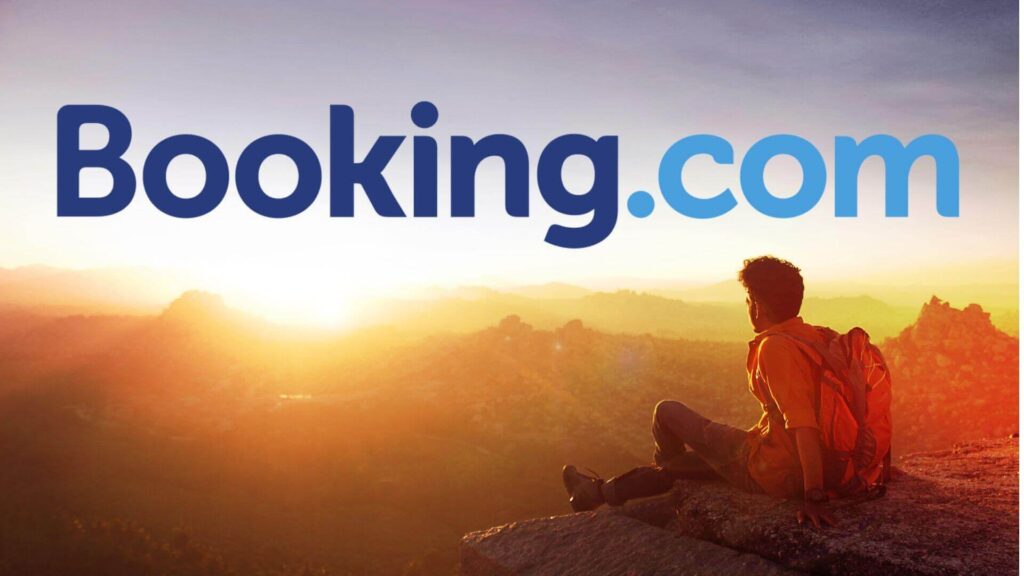
Many travelers know Booking.com for hotels. But it has quietly become a powerhouse for vacation rentals. It wins over travelers with a straightforward, transparent business model. On Booking.com, the property owner pays the full commission, typically 15-18%. The price you see is the price you pay.
This host-only fee model eliminates the hated guest service fee. It creates a much more honest and efficient booking process. The platform also excels at last-minute bookings. It attracts travelers who value speed over the curated experience Airbnb once promised.
For travelers tired of pricing games, Booking.com’s simple, transactional approach is a welcome relief.
Travel for Free: The Genius of TrustedHousesitters
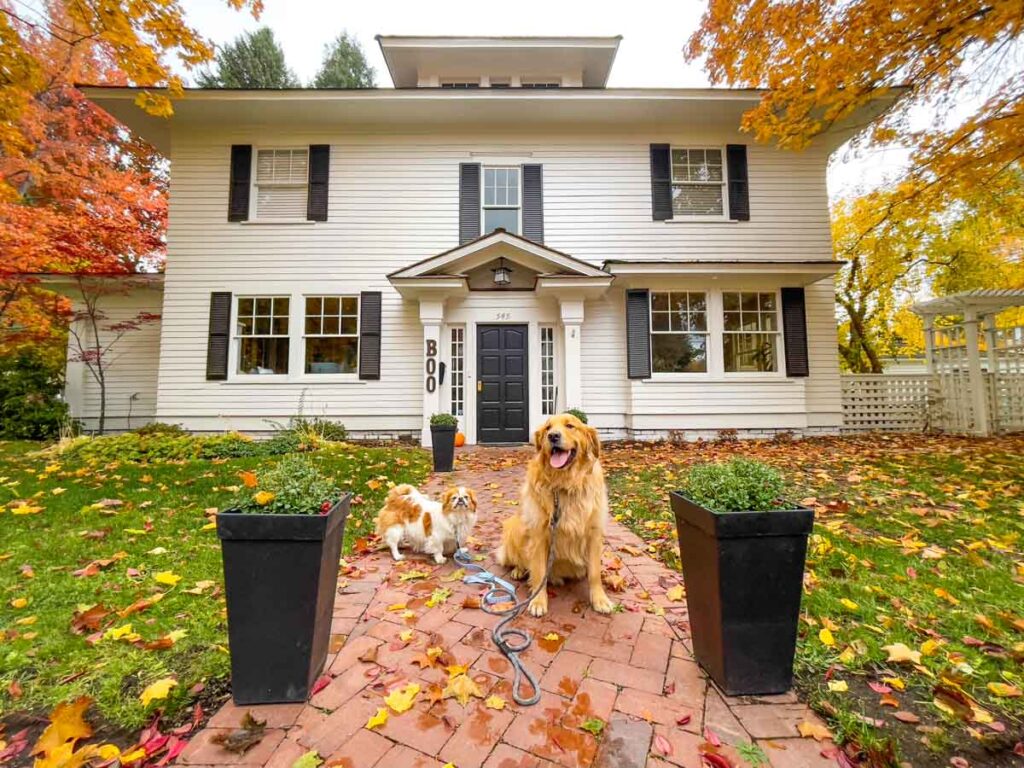
For a growing number of flexible travelers, there is a radical alternative. TrustedHousesitters allows you to bypass the rental market entirely.
The concept is a simple value exchange. Sitters pay an annual membership fee. In return, they stay in homes around the world for free while caring for the owner’s pets.
This model is perfect for remote workers and long-term travelers. It provides a stable home base with Wi-Fi and the companionship of pets. It allows you to immerse yourself in a new community for an extended period.
This is more than just an alternative to Airbnb. It is an alternative to the traditional idea of a vacation. It reflects a new, sustainable lifestyle of travel and work.
Read: 8 Ways to Get Business-Class Seats on Your Next Flight Without Paying Full Price
Choosing the Right Stay for You

The reasons why smart travelers are avoiding Airbnb in 2025 are clear. The platform’s original promise has been broken by a crisis of trust and value.
But this is not bad news for travelers. It signals the rise of a more mature and competitive market. You now have the power to choose an accommodation that truly fits your needs.
Your perfect stay is out there. You just need to know where to look.
- If you prioritize consistency and service, explore professionalized rentals like Sonder.
- If you are traveling with family or a large group, Vrbo is your most reliable choice.
- If your top priority is transparent pricing, Booking.com offers a no-nonsense experience.
- If you embrace a flexible, long-term travel lifestyle, TrustedHousesitters is a game-changer.
The era of the vacation gamble is over. The era of the smart, informed traveler has begun.